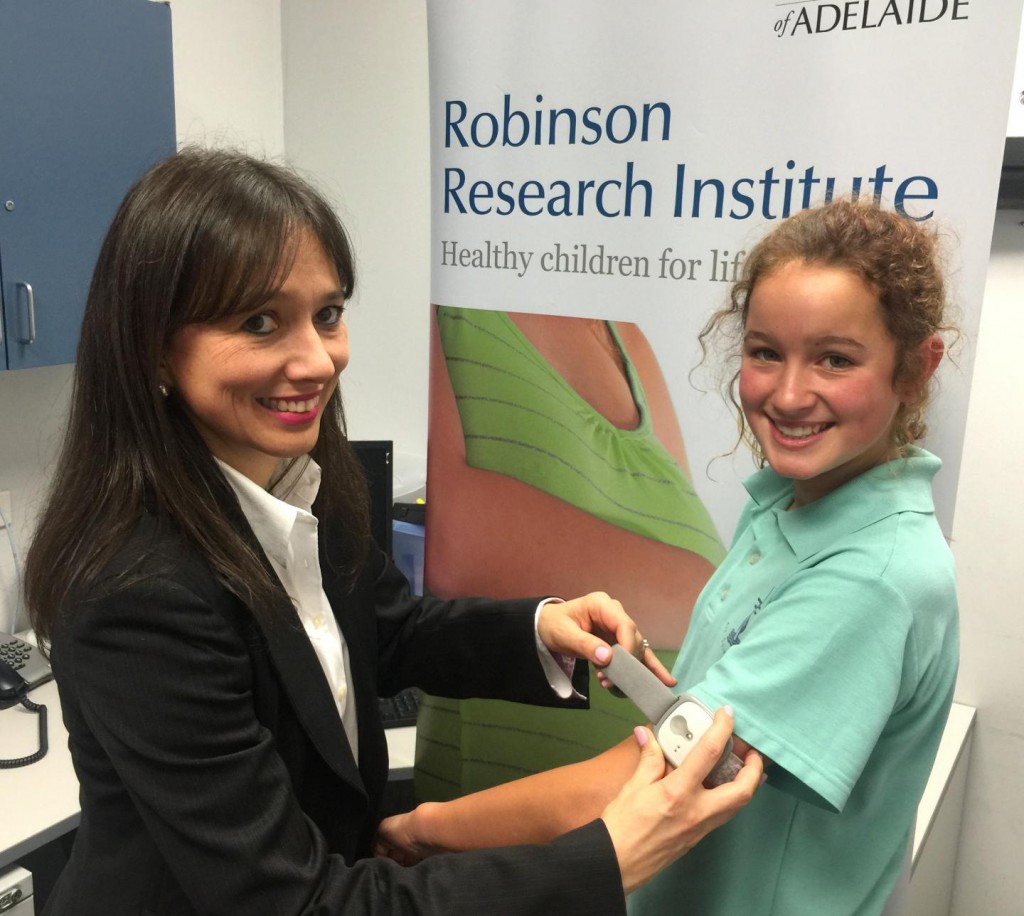Home Search
high blood pressure - search results
If you're not happy with the results, please do another search
Study Finds Best Blood Pressure Treatment for Diabetics with Kidney Disease
Study shows that two specific types of drugs, alone or in combination, are the most effective regimen for preventing end-stage kidney disease. This is...
Higher Cardiovascular Death Risk for People with Metabolic Syndrome
About 22.9 percent of adults in the United States have metabolic syndrome and a new study shows that they are more likely to die...
Type 2 Diabetes Risk Correlates with Often-Ignored Glucose Value in Routine Blood Tests
Glucose values obtained during routine blood tests are often overlooked, but could provide valuable insight into whether someone is at risk for having type...
Children With Diet Lower In Fat And Higher In Fiber May Lower Risk For...
Study shows dietary intervention in adolescence benefits glycemic control and blood pressure long-term.
Two-Drug Blood Pressure Therapy Lowers Cardiovascular Risk
An international blood pressure study comparing two single-pill drug combinations has yielded results so significant that the study has been stopped early - and the researchers say their findings might alter the way high blood pressure is treated worldwide.
Antioxidants, Blood Sugar, Type 2 Diabetes, Red Wine, Tea, Polyphenolics
Food scientists have found that certain antioxidants found in red wine and tea may help regulate the blood sugar of people with type 2 diabetes by inhibiting the action of alpha-glucosidase that controls the absorption of glucose from the small intestine, and protect the body from complications such as high blood pressure and heart disease.
Special Chiropractic Adjustment Lowers Blood Pressure
A study of individuals with a misaligned Atlas vertebraand high blood pressure showed that after a one-time specialized chiropractic adjustment, blood pressure decreased significantly.
Use of Common Pain Relievers Associated with Increased Risk of Elevated Blood Pressure in...
Men who regularly take commonly available and widely used pain relievers may have an increased risk of high blood pressure compared with those who do not use these medications.
Alcohol-Induced Sodium Sensitivity May Increase Blood Pressure
Alcohol-induced sodium sensitivity may be one of the mechanisms underlying the association among heavy alcohol consumption, alcohol withdrawal, and high blood pressure.
Ethnic, Gender Differences in Blood Pressure Also Seen in Youth
Even among healthy adolescents, differences exist between ethnic and gender groups that may predict high blood pressure without an identifiable cause, suggest the results of a study of black and white males and females.
‘White Coat Effect’ Has Adverse Effect on Blood Pressure Readings
GPs should not make decisions about treating patients with hypertension based on high readings of blood pressure they have taken, finds a study in this week's BMJ.
High Pulse Pressure Associated With Greater Death Risk in Dialysis Patients
study of dialysis patients indicates that a new way of looking at traditional blood pressure numbers may be important in determining which patients are at highest risk of dying.
Recall Expands to Another Hypertension and Heart Failure Drug – Actavis Tablets
TEVA Pharmaceuticals is recalling products that contain Valsartan and used for the treatment of hypertension (high blood pressure) and for the treatment of heart failure.
Chronic Disease in Men Linked to Chemicals in These Plastics
Chemicals found in everyday plastics materials are linked to cardiovascular disease, type 2 diabetes and high blood pressure in men, according to researchers.
Metabolic Syndrome Linked to Memory Loss in Older People
Older people with larger waistlines, high blood pressure and other risk factors that make up metabolic syndrome may be at a higher risk for memory loss.
New Study Singles Out Factors Linked to Cognitive Deficits in Type 2 Diabetes
Older adults with diabetes who have high blood pressure, walk slowly or lose their balance, or believe they're in bad health, are significantly more likely to have weaker memory and slower, more rigid cognitive processing than those without these problems.










